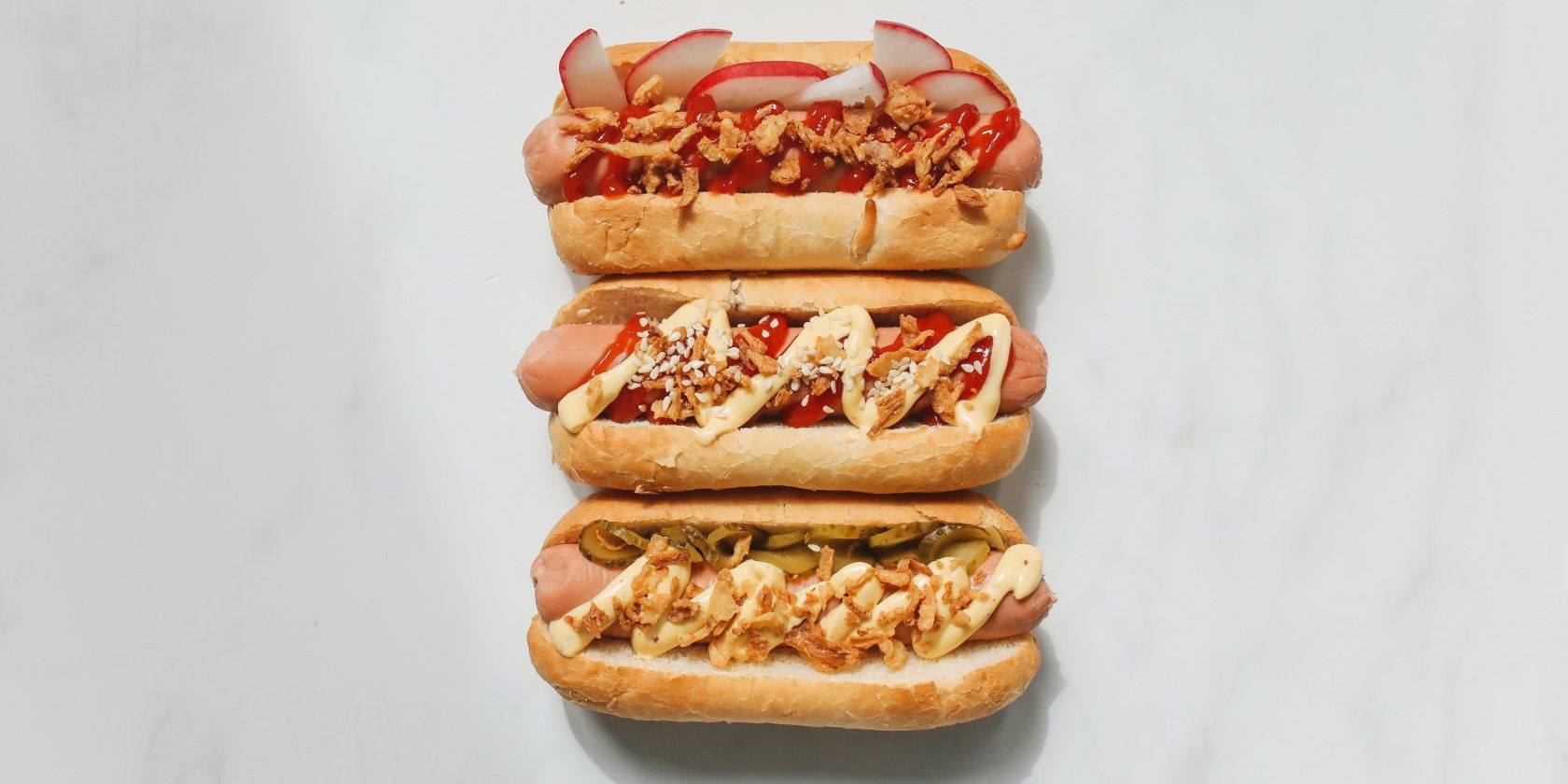Calorie counting apps make keeping track of your fitness and food intake easier than ever. But do food logs help you stick to a healthier diet, or are they just more complicated routines that are exhausting to keep up?
Before you dive headfirst into counting your calories, let’s take a look at the pros and cons of using these apps to improve your wellness.
Pros of Using Calorie Counting Apps
Many people have lost a lot of weight and maintained a healthy lifestyle by counting calories, but some people say that calorie counting is outdated and does not work at all. These are some pros of using calorie counting apps.
1. Help You Eat Healthier
By using a calorie counting app to keep track of your meals, snacks, and everything else you eat throughout the day, you can identify patterns and make better choices when it comes to food.
For example, you might be surprised to see how many calories are actually in a salad dressing. But once you know that information, you can look for a healthier option the next time you're making a salad.
There's no fooling yourself when you're logging your meals with a calorie counting app.
2. Encourage Exercise and Activity
Many calorie counting apps allow you to integrate your exercise routine into your nutrition tracking. If you're using an app like MyFitnessPal, all you have to do is input your cardio or strength exercises for the day in the same place you log your meals.
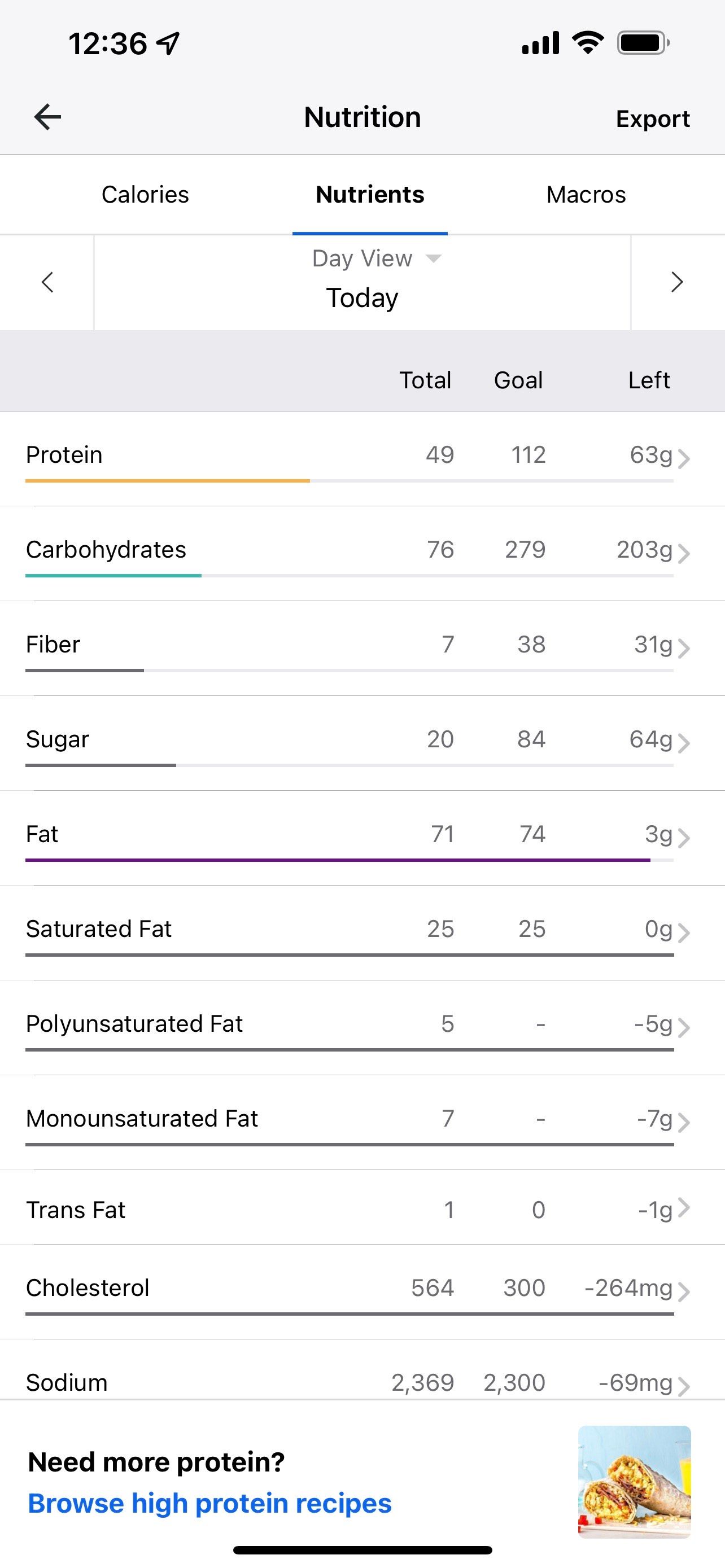
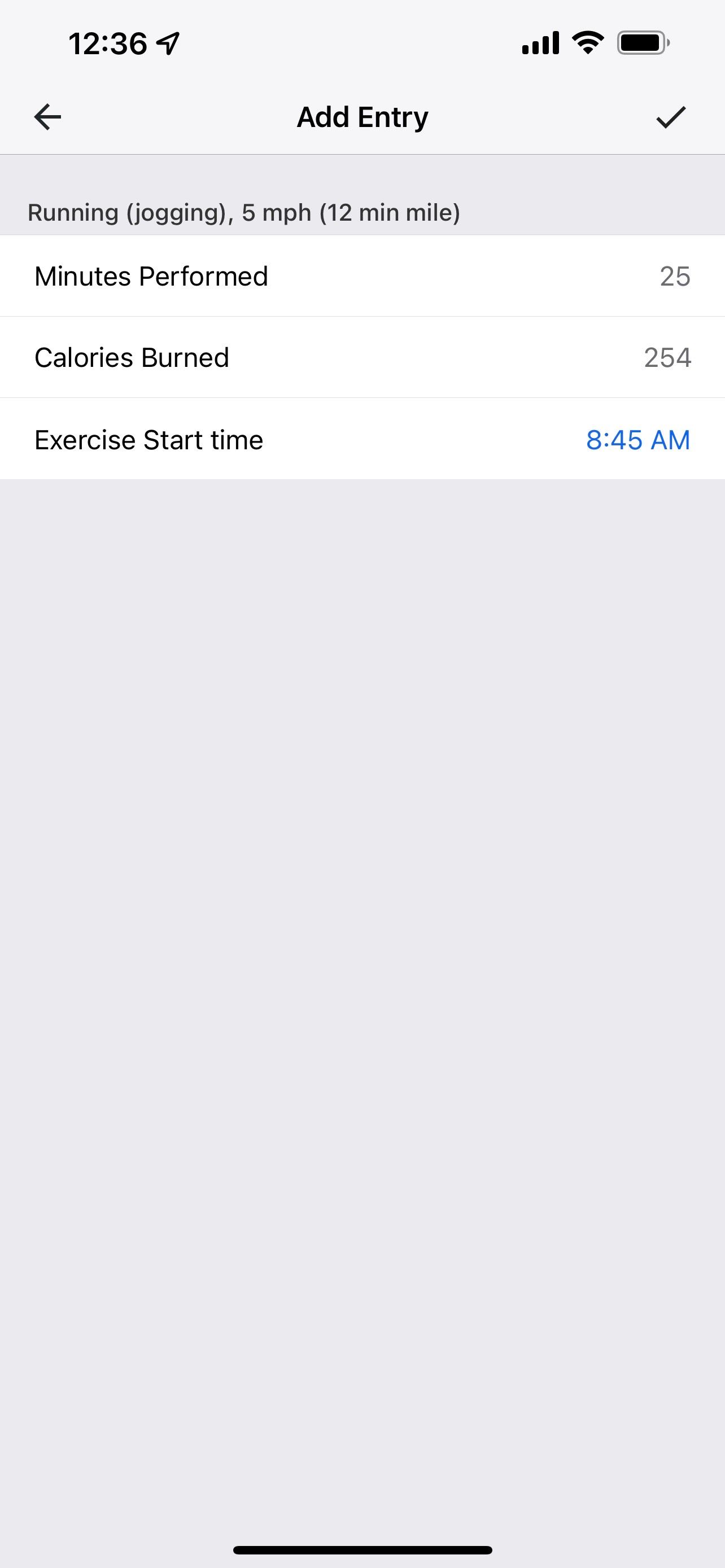
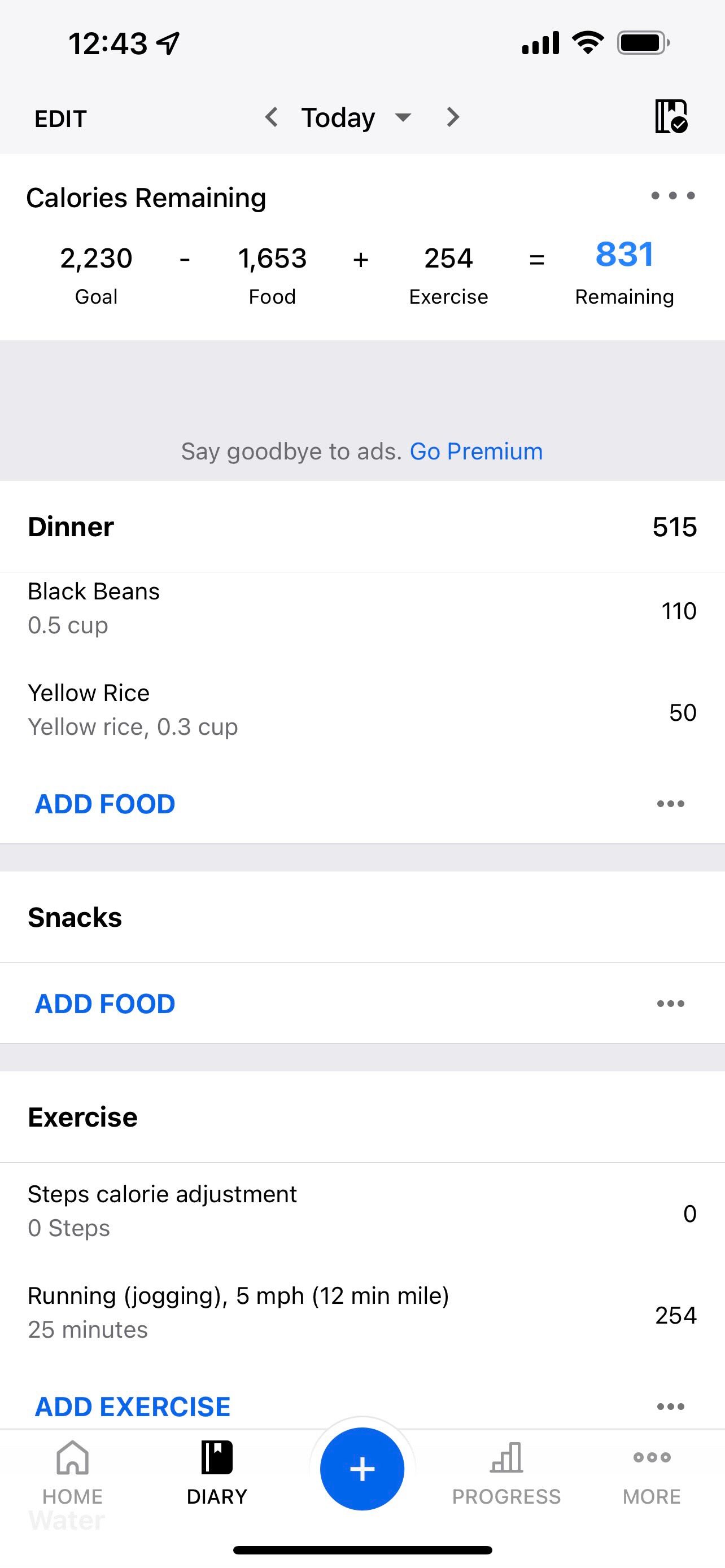
Once you’ve added your exercise, the app will add that to your calories burned for the day. That means you can see exactly how working out can help you reach your goals.
By tracking your progress you’ll be more encouraged to get up off the couch and start exercising. Once you see that the physical exercise you’re doing is helping you burn calories, you’ll feel inspired to stay active!
Download: MyFitnessPal for Android | iOS (Free, subscription available)
3. Expose Overeating and Hidden Calories
Do you know if you’re overeating for every meal? If you answered "no," then counting calories can help you discover how and why you’re overeating.
When you track everything you eat, you'll notice the little things that add up. That might be hidden calories in the olive oil you pour over your salad, the sugary fruit juice you thought was healthy, and the energy bar that has as many calories in it as your whole lunch.
In general, keeping track of every calorie will help you better understand where you’re going wrong when it comes to overeating.
4. Visualize Your Goals and Track Progress
Of all the pros of using calorie counting apps, the main advantage is that you can visualize your goals and track your progress toward them. By having a set goal and an easy way to see how close you're getting, you can motivate yourself to make better decisions about the food you’re putting into your body.
Calorie tracker apps allow you to see what you eat, the nutrients you need more of, the exercise you do, and the progress you’re making to force you to be honest with yourself. Hopefully, it inspires you to live a healthier lifestyle with better food choices.
Cons of Using Calorie Counting Apps
When you continuously count your calories it can be dull and unexciting, especially if you simply don’t have the time to do it. Plus, counting calories can also make some people feel stressed out about eating too much. Let’s take a look at the cons of using calorie counting apps.
1. Time-Consuming Food Entry Systems
If you’ve got a busy lifestyle and you often find yourself eating on the go or grabbing a premade snack, counting your calories can be extremely time-consuming and inconvenient. Using an app to log the ingredients in every meal and snack will feel like you’ve got another job, and that's no way to build a habit.
Instead of counting calories, there's another option you can try. The Food Diary & Weight Tracker app asks you to simply log each meal as healthy or unhealthy. It emphasizes accountability without falling into the trap of logging every gram of unsaturated fat, fiber, and sugar.
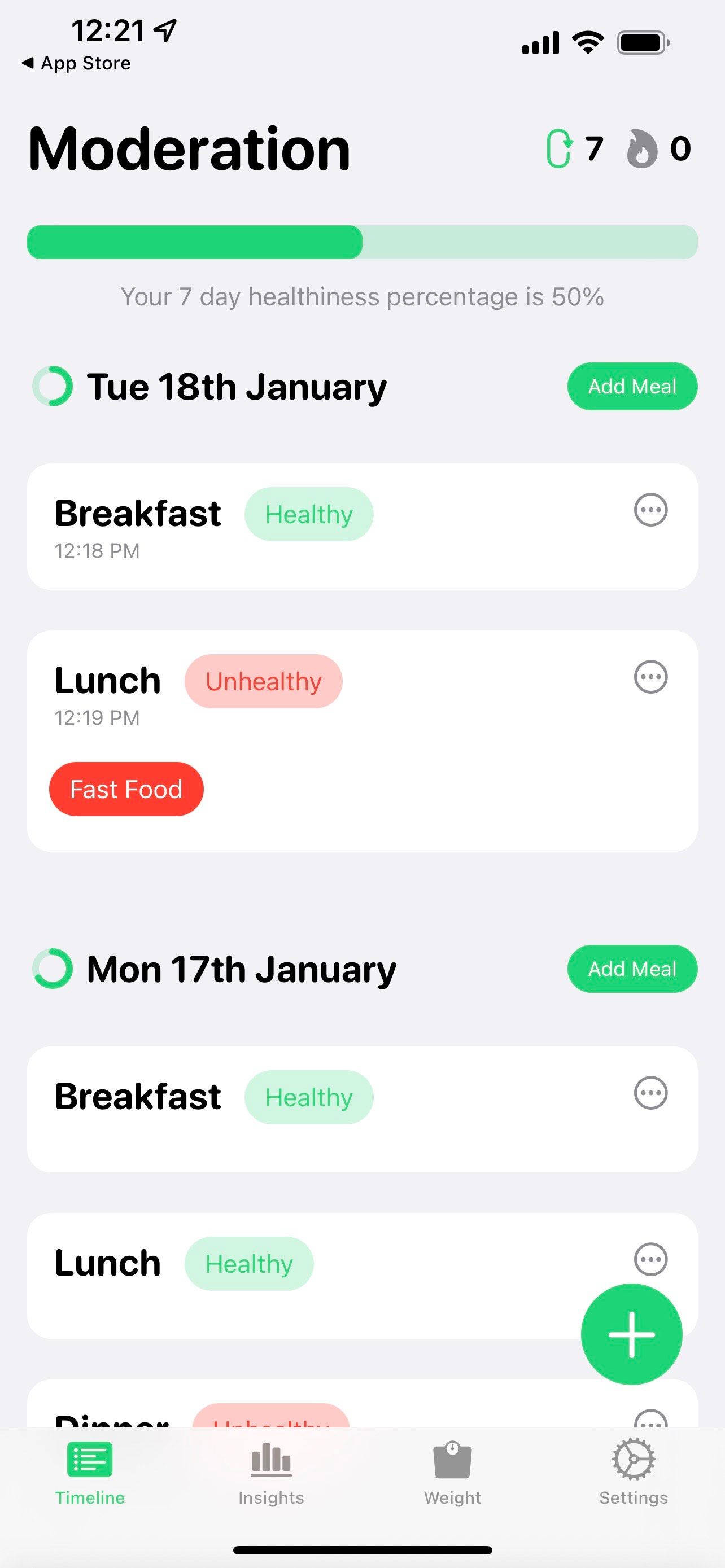
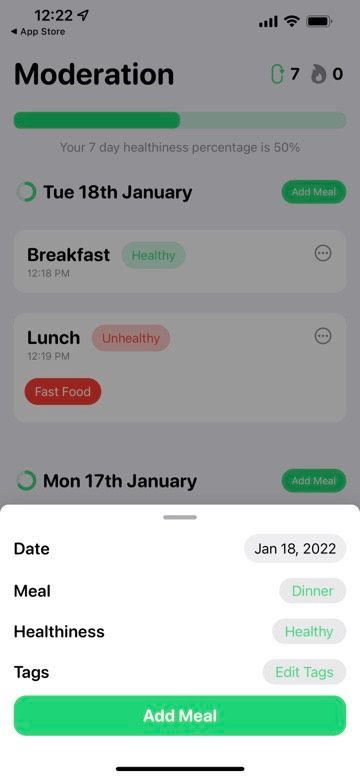
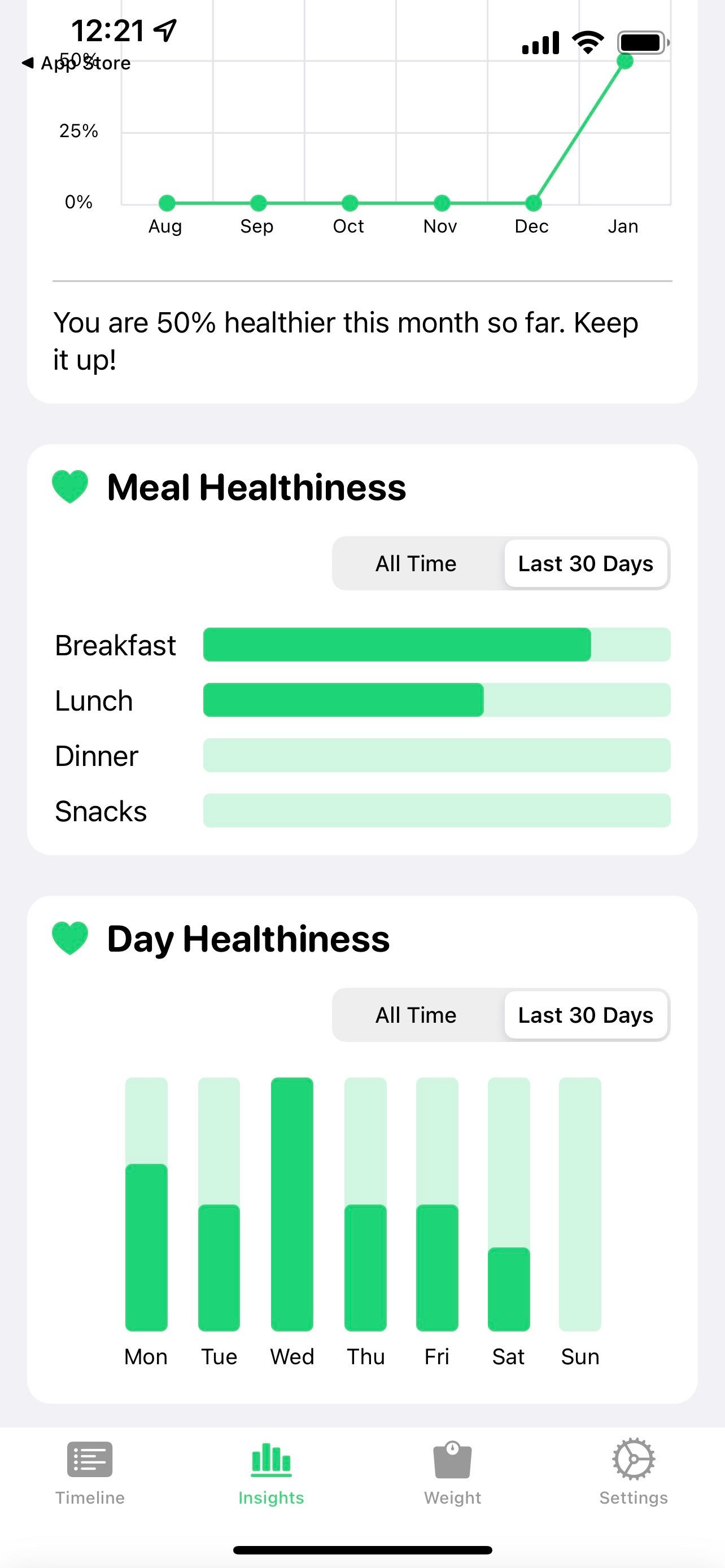
If you're fed up with complicated, time-consuming food entry processes and think a simpler approach would help you build a healthy eating habit, try the Food Diary & Weight Tracker app.
Download: Food Diary & Weight Tracker (Free, subscription available)
2. Inaccurate Information
Did you know that the labels on your food aren’t always 100% accurate? Unfortunately, calorie counting apps may also be subject to database errors or depend on faulty information from user-added items. As a result, the calories you’re tracking could be inaccurate and inconsistent.
These apps have to store and maintain an enormous range of foods and their nutritional data, so there may be mistakes that could hamper your diet monitoring experience.
3. Obsessive Behavior
Restricting yourself from eating certain things and constantly logging food and drinks can become addictive and compulsive behaviors. Constantly worrying about the calories you’re consuming and how much exercise you’re doing can become an unhealthy obsession—the opposite of its intended effect.
Calorie counting apps should be guides; it’s always best to focus on how you feel instead of the raw data. Listen to what your body says and avoid establishing negative eating habits by letting food logging become overwhelming.
4. Unrealistic Weight Loss Goals
Counting your calories doesn't necessarily mean you’re going to lose weight. Success comes from the real-world changes you make based on the data you're gathering.
Calorie counting is partly for accountability and partly to provide a quantitative view of your diet. It's difficult to gauge how much you eat when you're only paying attention to how hungry you feel because the type of food matters just as much as the amount.
So while a calorie tracking app can help you on a weight loss journey, it's not the source of success. You are. That's an important distinction to keep in mind before you put all your trust in a calorie counting app.
Counting Calories Can Change Habits
If you want to live a healthier lifestyle, nutrition is a key aspect to address. Whether you use a calorie counting app or not, remember that eating balanced meals, understanding portion sizes, and staying active are more important than the app you choose and the logs you keep.

